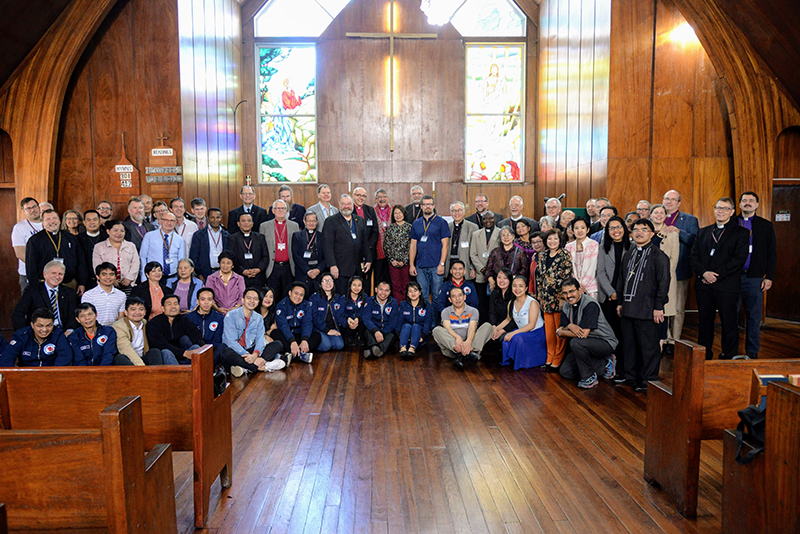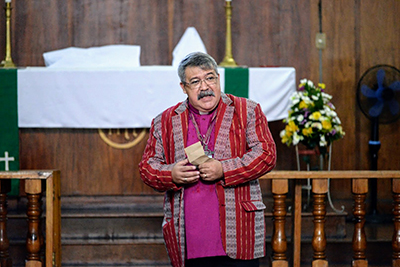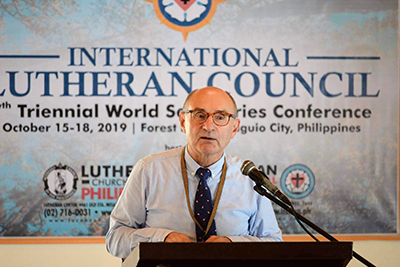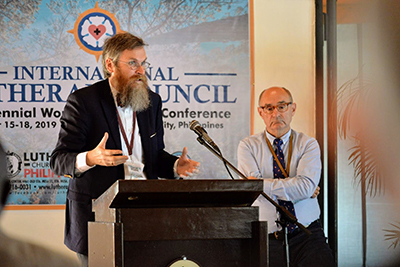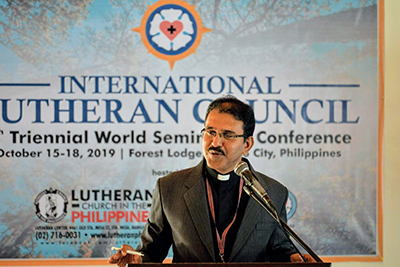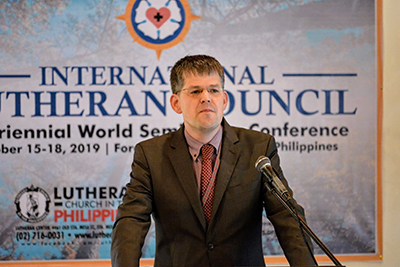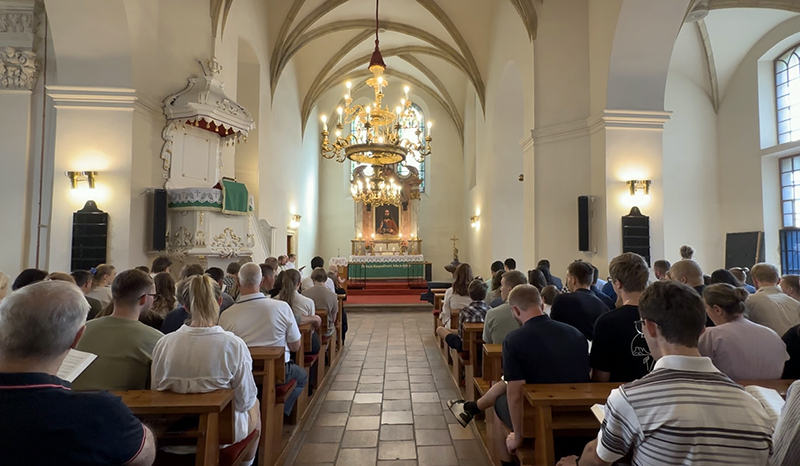
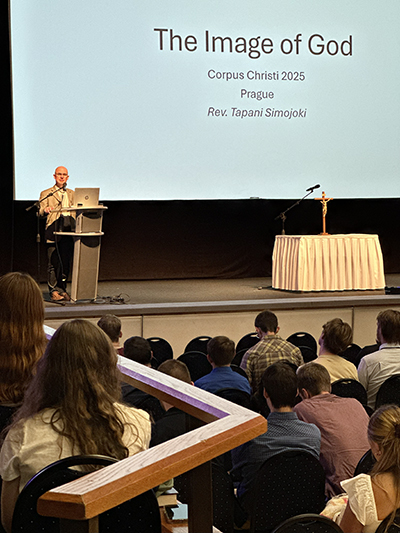
CZECH REPUBLIC – The 15th annual Corpus Christi Conference for Lutheran young adults gathered 255 attendees from 23 countries and six continents in Prague, the Czech Republic, from July 21-25, 2025.
The theme of 2025’s conference was “The Image of God,” with Chairman Elect Tapani Simojoki of the Evangelical Lutheran Church of England (ELCE) serving as plenary speaker. Other presenters included Rev. Daniel Brandt of the Mission Province in Sweden (MPS); Rev. Dr. David Preus, Eurasia Regional Director for The Lutheran Church—Missouri Synod (LCMS); Rev. Frédéric Stilmant of the Evangelical Lutheran Church – Synod of France (EEL-SF), and Rev. Dr. Christian Tiews of the LCMS in Germany. Multiple seminars and discussion groups enabled participants to learn about more specific topics, such as Czech church history (presented by Rev. Martin Damašek, Evangelical Church of the Augsburg Confession in the Czech Republic), and to talk in small groups and share their experiences on a variety of topics.
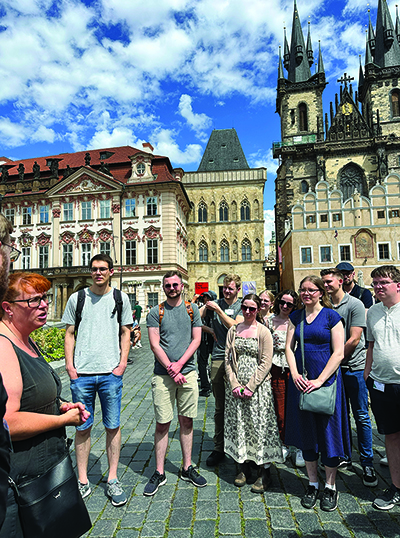
Participants enjoy a Reformation tour.
A highlight of the free time for many was the chance to participate in a Reformation tour in the old town of Prague known for multiple places associated with the early reformer Jan Hus.
The Corpus Christi Conference was sponsored by the LCMS Office of International Mission, Nordisk Östmission (Sweden), and For Bibel og Bekjennelse (Norway). The Corpus Christi Association has been a Recognised Organisation of the International Lutheran Council (ILC) since 2024, and the ILC has sponsored Lutheran Service Books to be used in its daily worship.
Founded in Sweden and originally inspired by the Higher Things youth conference, the Corpus Christi Conference revolves around the three elements of solid biblical teaching, rich liturgical worship, and fellowship between young adults from all over Europe and beyond.
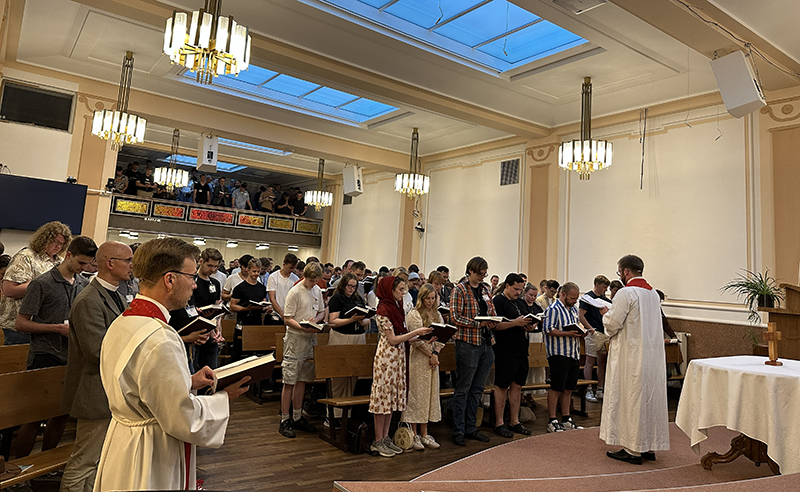
Next year’s conference will take place in Turku, Finland, from July 20-24, 2026. The theme, speakers, and registration information will be posted on corpuschristi.eu in due course.
A smaller regional gathering called Corpus Christi Finland will also take place in Jyväskylä, Finland, from December 30, 2025 to January 2, 2026, organised by the Evangelical Lutheran Mission Diocese of Finland (ELMDF) young adults’ ministry (see: https://www.lhpk.fi/cc-ny-camp-2026/).
———————

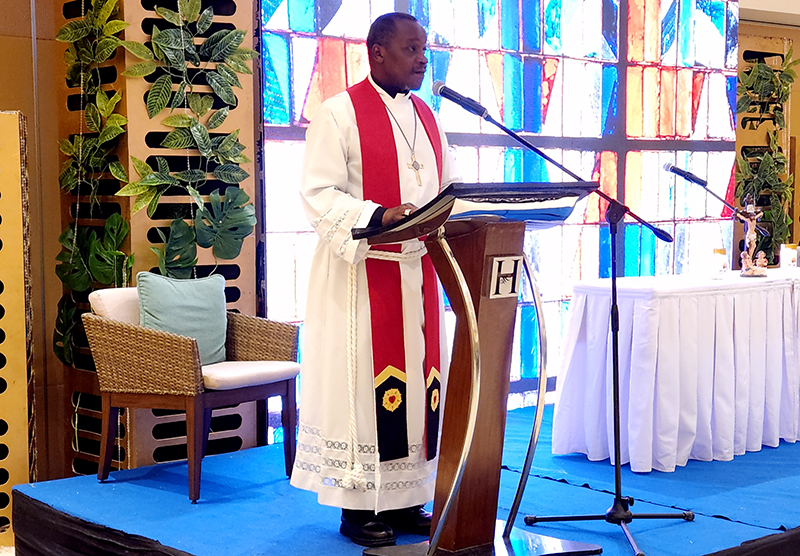
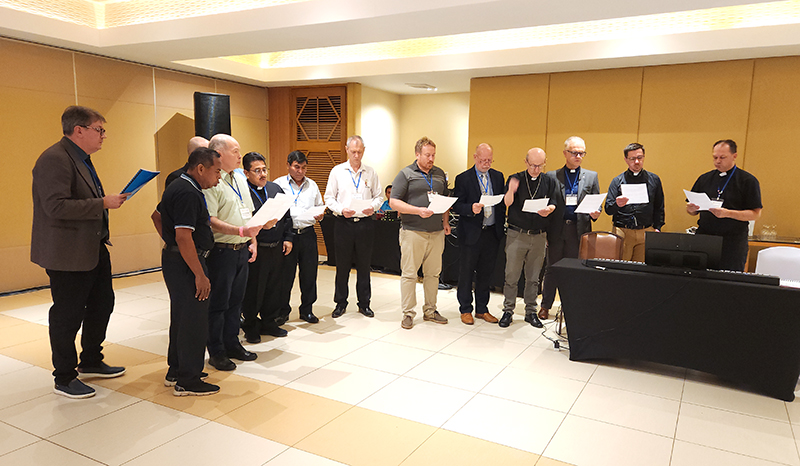
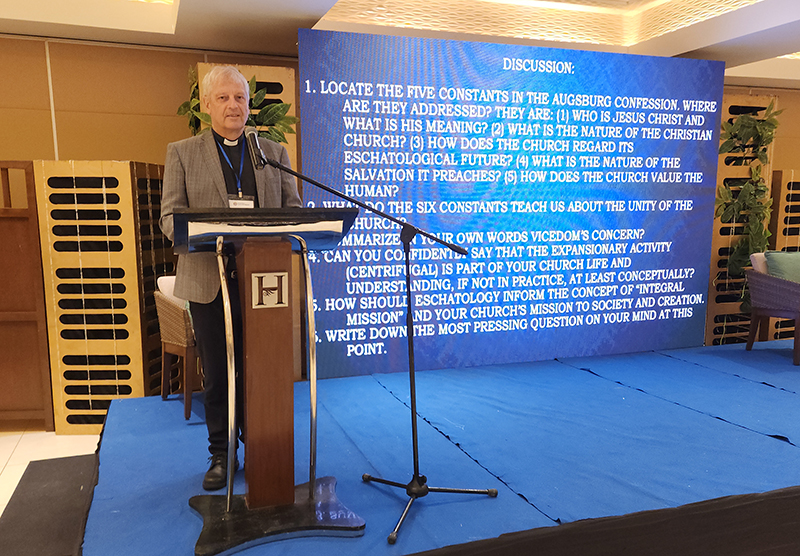
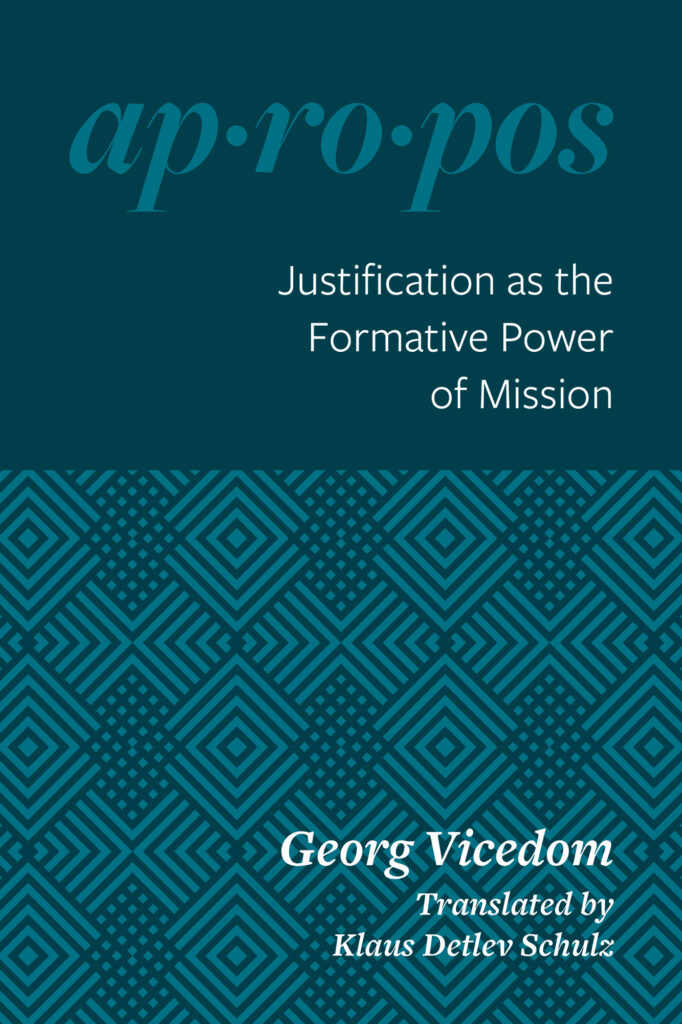
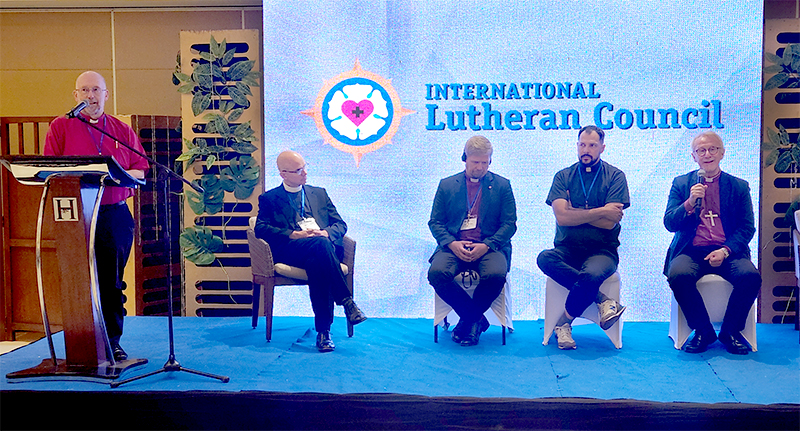
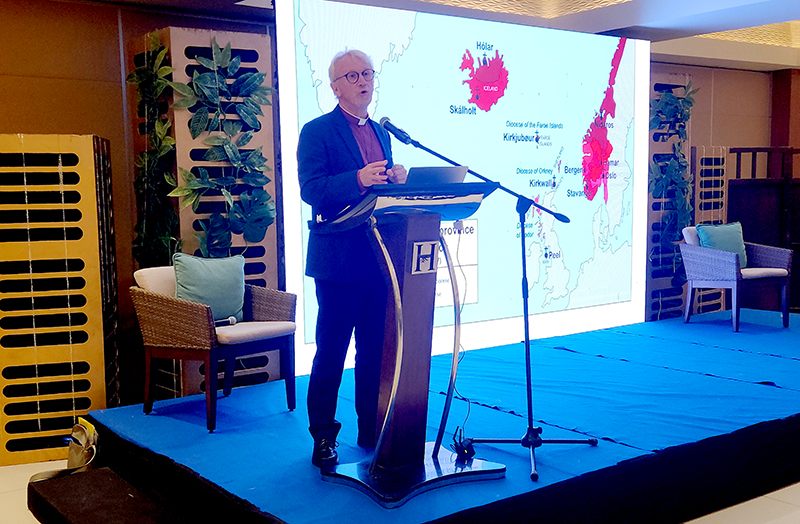
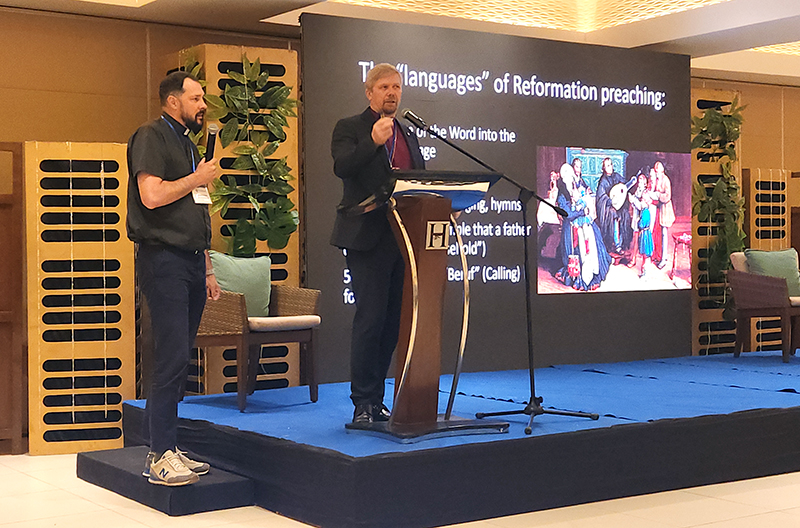
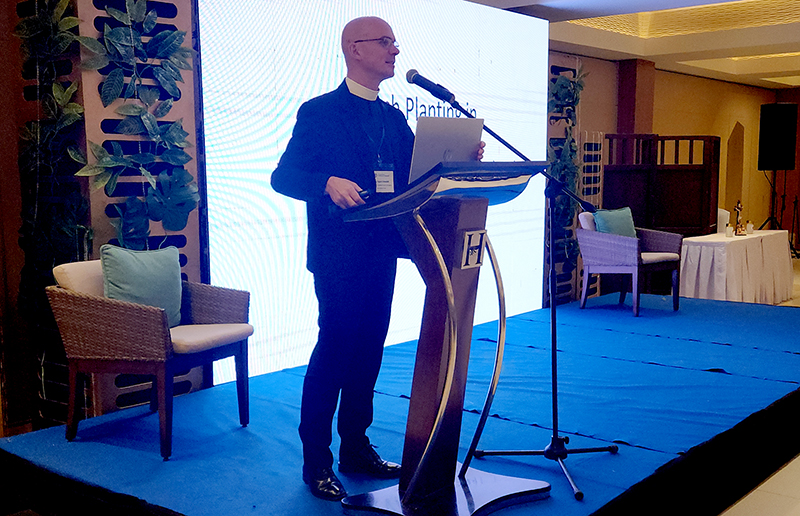
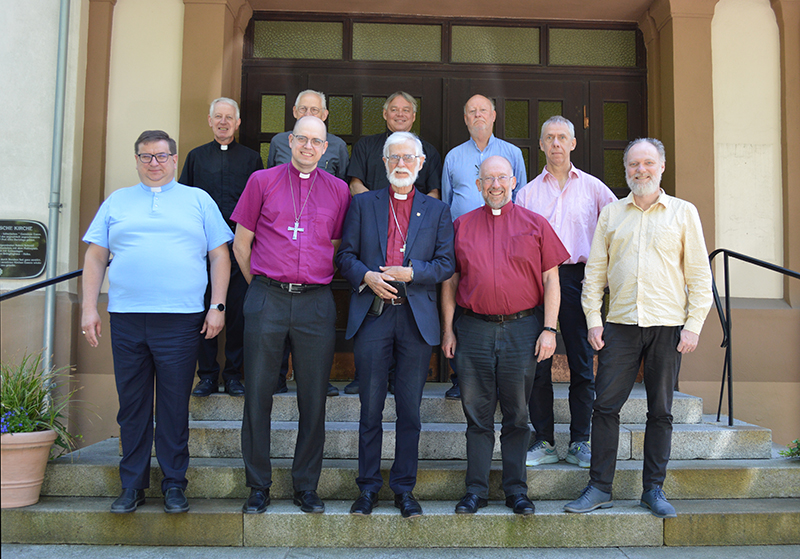
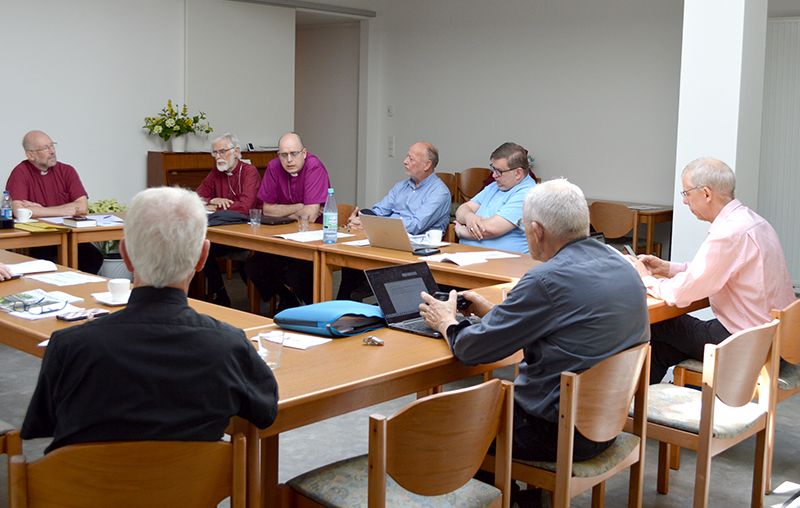

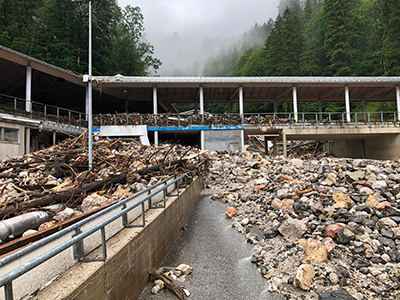
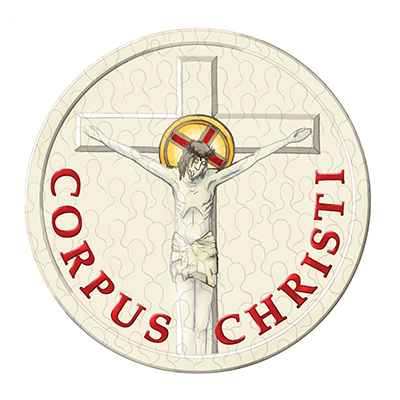 EUROPE – Corpus Christi will hold its annual conference virtually this year, gathering online from July 30-31, 2021.
EUROPE – Corpus Christi will hold its annual conference virtually this year, gathering online from July 30-31, 2021.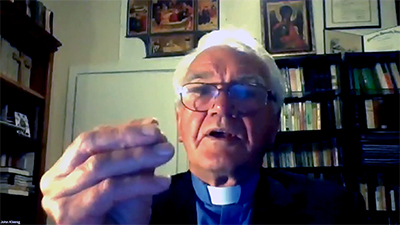
 WORLD – The International Lutheran Council (ILC) has announced updates to the representatives for the Latin American and European World Regions.
WORLD – The International Lutheran Council (ILC) has announced updates to the representatives for the Latin American and European World Regions.